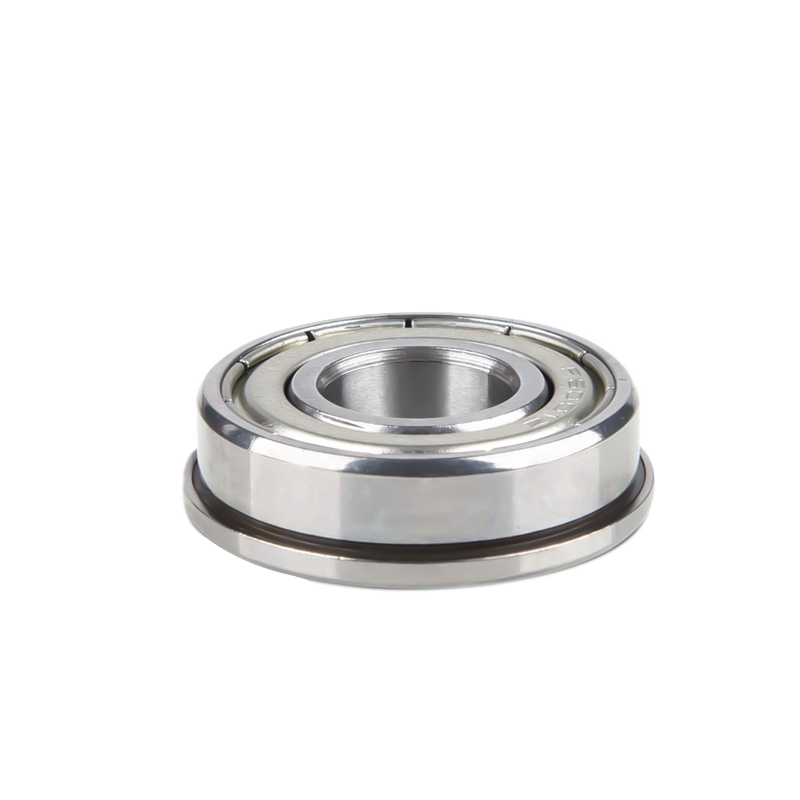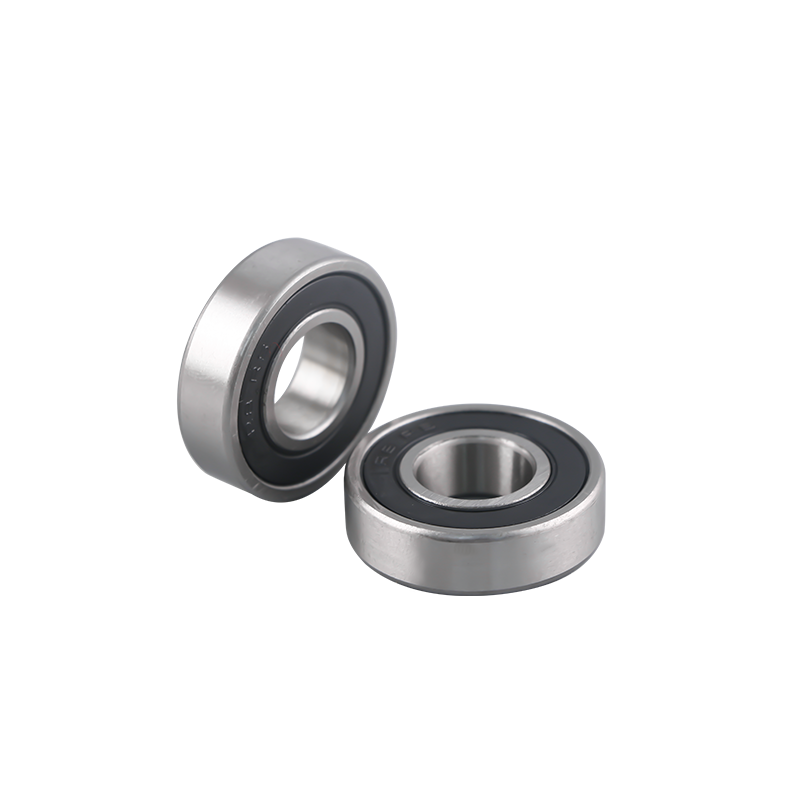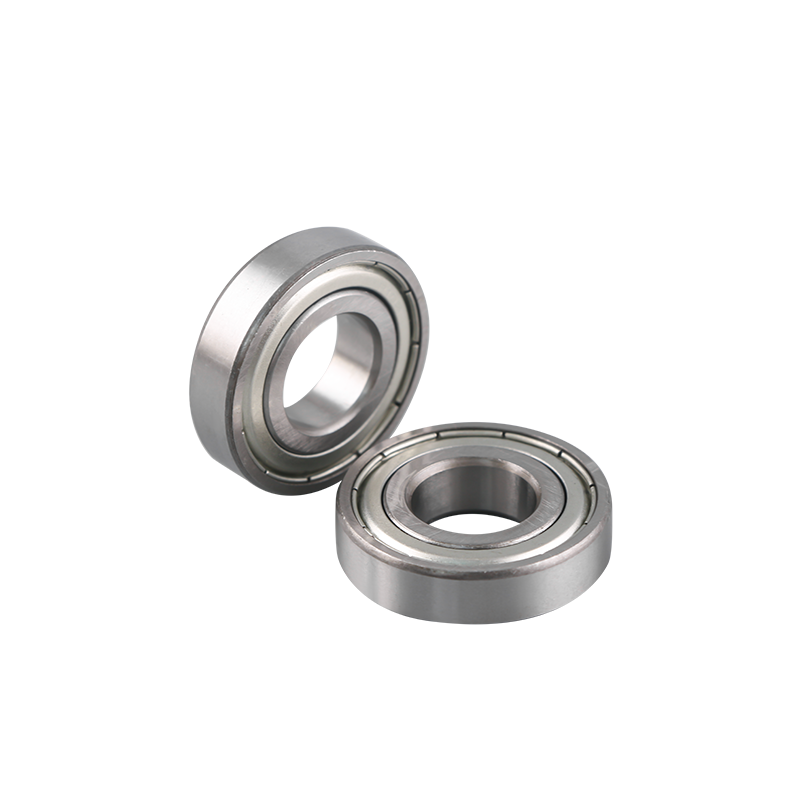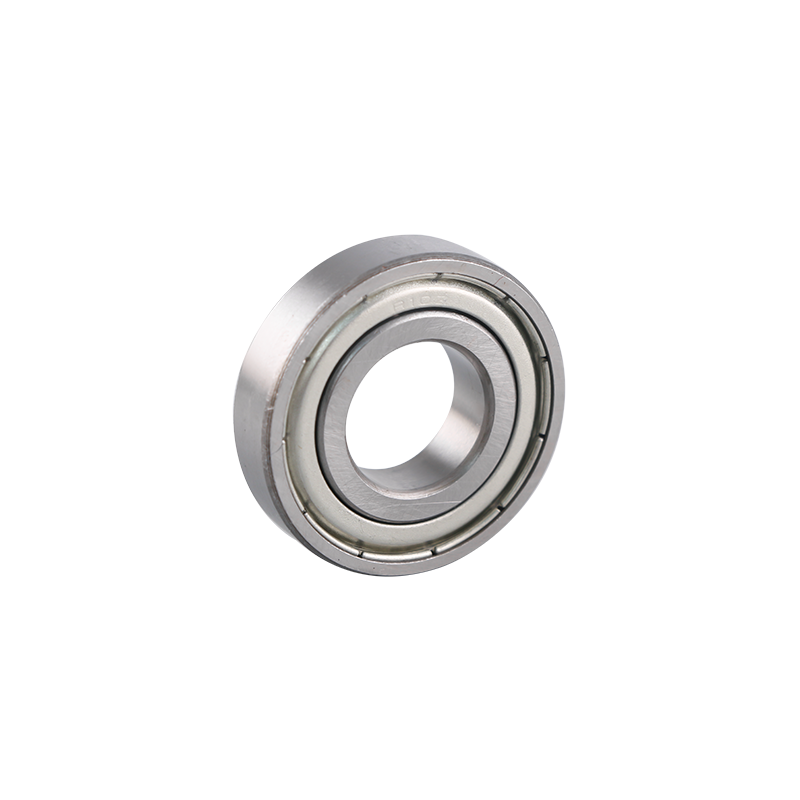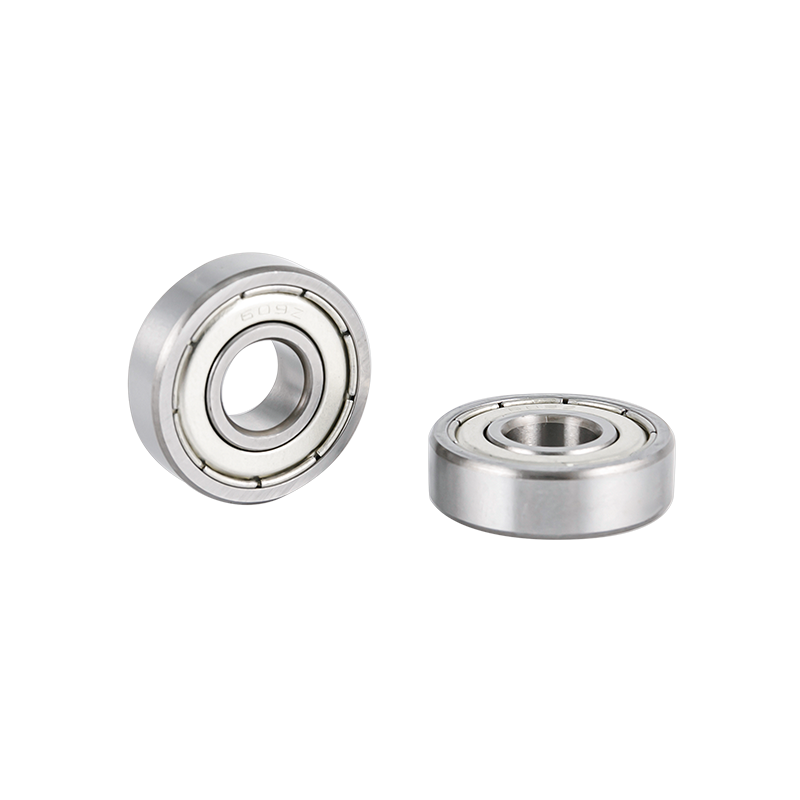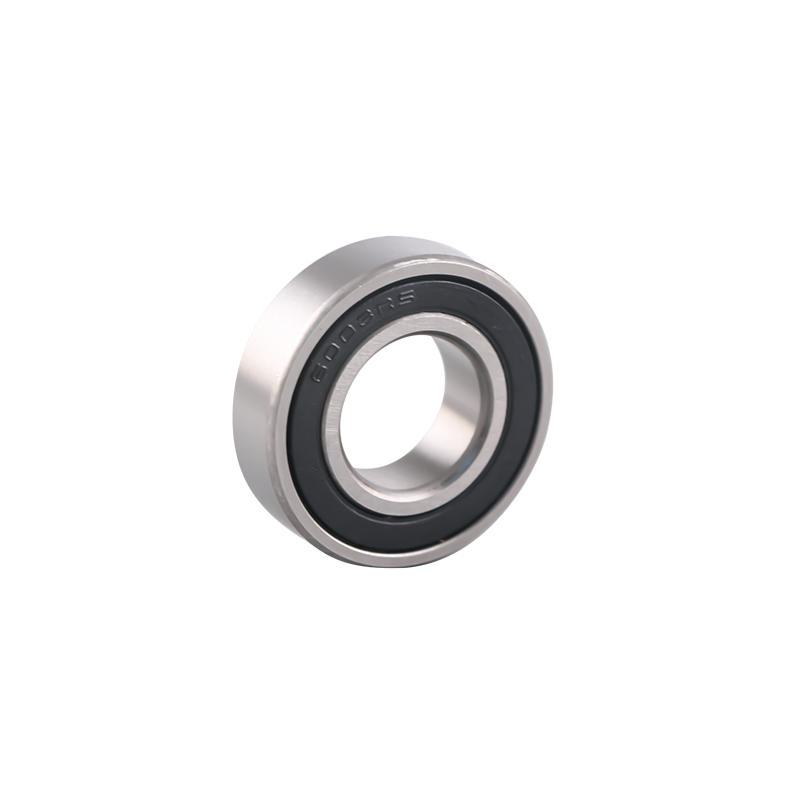The selection of bearing materials has a significant impact on the performance and reliability of
deep groove ball bearings. Different materials offer varying levels of strength, durability, heat resistance, and corrosion resistance, making material selection a critical factor in determining a bearing's suitability for a specific application. Here are some ways in which bearing material selection affects performance:
Load-Carrying Capacity: The material's mechanical properties, such as hardness and tensile strength, play a crucial role in determining the bearing's load-carrying capacity. Bearings made from high-strength materials can handle heavier loads without premature failure.
Fatigue Resistance: Materials with good fatigue resistance are essential for withstanding repeated loading and unloading cycles. Fatigue resistance is critical in applications with dynamic loads. Materials like through-hardened steel and some ceramics have excellent fatigue resistance.
Corrosion Resistance: Bearings used in harsh environments, such as those exposed to moisture, chemicals, or corrosive gases, benefit from materials with high corrosion resistance. Stainless steel and certain alloys are commonly used for bearings in corrosive conditions.
Temperature Resistance: Different materials have varying temperature capabilities. For high-temperature applications, materials like heat-treated steel, high-temperature alloys, or ceramics may be preferred to maintain bearing performance and lubrication properties.
Wear Resistance: Bearings subjected to abrasive or high-wear conditions require materials with good wear resistance. Some materials, such as chrome steel, are known for their wear-resistant properties.
Friction and Lubrication: The choice of bearing material can affect the coefficient of friction. Materials with low friction properties, like ceramics, can reduce energy loss and heat generation, especially at high speeds.
Weight: In some applications, the weight of the bearing can be a consideration. Materials like lightweight polymers or hybrid bearings (ceramic balls in a steel raceway) offer reduced weight compared to all-steel bearings.
Electric Insulation: In electrically sensitive applications, non-conductive materials like ceramics are used to prevent electrical current flow through the bearing.
Magnetic Properties: Some applications require non-magnetic materials to avoid interference with sensitive equipment, such as magnetic resonance imaging (MRI) machines. Materials like stainless steel or ceramics are non-magnetic.
